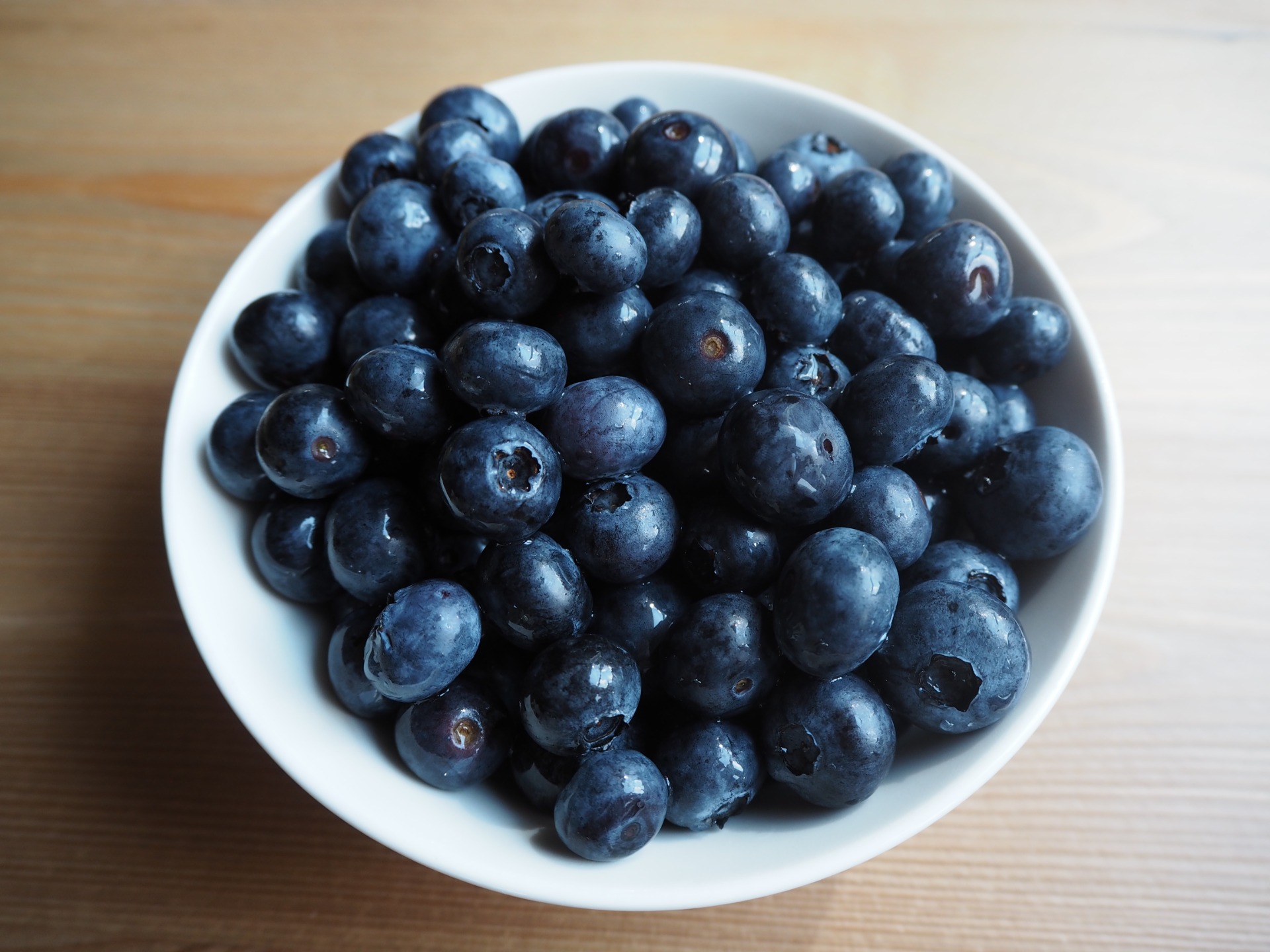How would you feed someone you love?
August 12th — Soft reflections on self-love and nourishment.

If someone you love told you they were tired, hungry, or in need of comfort, what would you do? You'd probably make them something warm. Something that fills, soothes and says: "I'm here. I care."
That's the way I try to approach food these days. Not as a reward. Not as a punishment.
But as a form of care.
It hasn't always been like this. There was a time when I was very strict about what I ate – too strict, really. To the point of obsession.
I have a history of disordered eating. And the way I relate to food and my body today feels like a quiet miracle – something I used to dream of when I was in the darkest place.
I do understand that eating healthy is important, but I want it to come from a place of love, not fear. Not from the idea that I need to shrink or control myself, but from the truth that I deserve to feel good in my body.
If you're struggling with food right now, I hear you. I truly do.
Becoming gentle with food takes time. And it doesn't start with rules. It starts with care.
Instead of cutting things out, try adding things in.
Start small. One soft step at a time.
- Add something colorful to your plate.
- Include one whole, nourishing ingredient each day.
- Drink a glass of water and take a deep breath before you eat.
- Ask yourself: How can I be kind to my body today?
These little shifts add up. You don't have to change everything overnight.
You are not behind. You are learning.
The food we eat doesn't just nourish our body, it nourishes our brain too. There's a whole ecosystem in your gut, made up of trillions of microbes, that communicates directly with your brain through what's called the gut‑brain axis.
This complex network influences the synthesis of neurotransmitters like serotonin, dopamine, GABA and others, which play key roles in regulating mood, stress response, sleep and hunger.
In fact, about 90 % of your serotonin, often called the "happy hormone," is produced in your gut, not your brain.
Studies show that changing your diet, adding more whole foods, fiber and healthy fats, can improve mood and support mental health over time. One recent review found that dietary interventions targeting gut microbiota may reduce symptoms of depression.
Even meta‑analyses have found that omega‑3 supplements, particularly EPA from fatty fish, can reduce depressive symptoms when used alongside other treatments.
To summarize: feeding your gut well is a way of feeding your mind. This is self‑love, at a biochemical level.
But remember, you don't have to be perfect. Your eating doesn't have to be perfect.
Treats, soft pauses, spontaneous joy – they're all part of it.
When you "slip up" — if you skip a meal, choose something less nourishing, or simply crave comfort — remember: that moment does not define you. Gentleness is not linear, but every day you can choose again. You can always gently come back "on track." You can always offer yourself better choices, from love, not shame.
So I often ask myself: If I were feeding someone I truly love, what would I make for them today?
And then I try to offer that same tenderness to myself. Every meal becomes a small act of love.
Do you struggle with being gentle around food? Or is it something that already comes naturally to you?
Feel free to share your thoughts in the comments or join the quiet conversation on Instagram @selflavie. I'd love to hear your story, wherever you are on this journey.
Soft hugs,
Selflavie
Further reading & sources
Foster JA, Neufeld KA. Gut–brain axis: how the microbiome influences anxiety and depression. Trends in Neurosciences. 2013;36(5):305–312.
Mohajeri MH et al. The role of the microbiome in mood, anxiety and cognition. Nutrients. 2018;10(8):1033.
Cryan JF et al. The microbiota–gut–brain axis. Physiological Reviews. 2019;99(4):1877–2013.
Nikolova VL et al. Hallmarks of the gut microbiota–mental health axis and the potential for nutrition-based interventions. Nature Reviews Psychology. 2021.
John Hopkins Medicine: The Brain-Gut Connection
Harvard Health Publishing: The Gut-Brain Connection
Self.com: The Best Foods for Your Mental Health
Comments are currently closed.
Thank you for being here and reading.
If you’d like to share your reflections, you can always find me on Instagram
@selflavie.